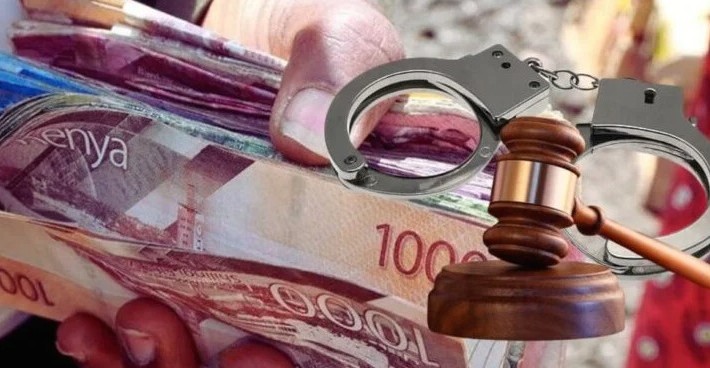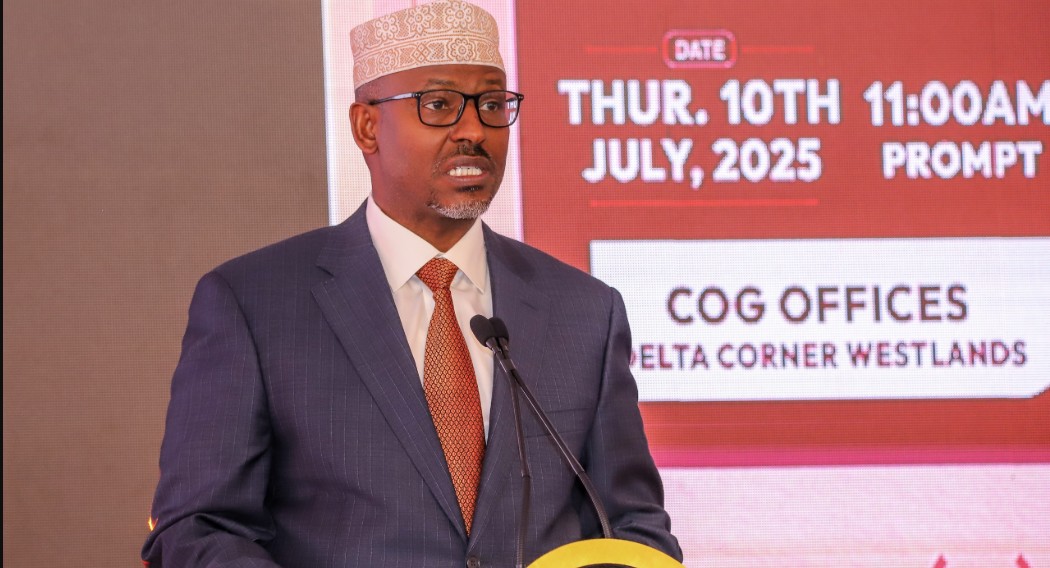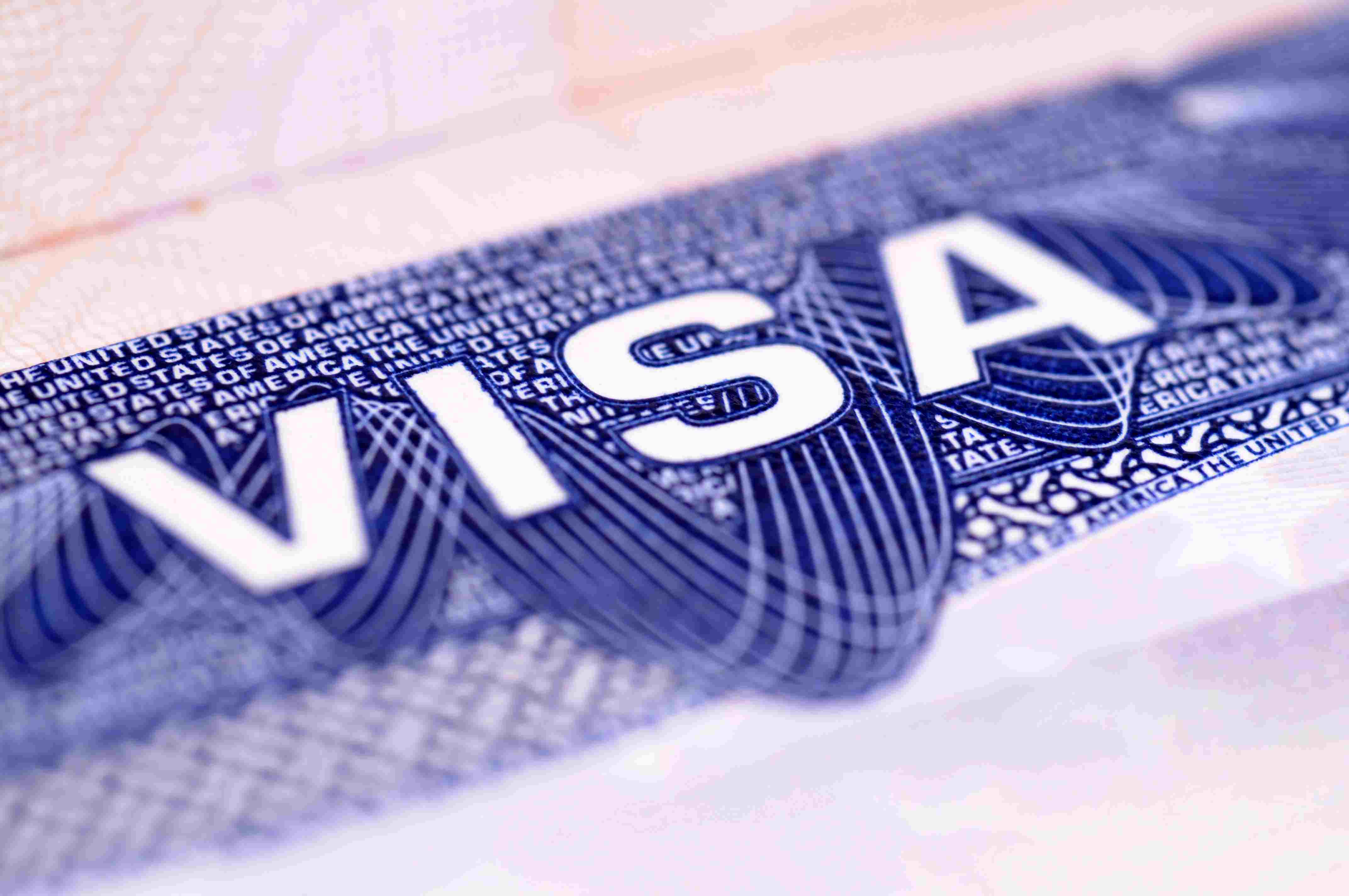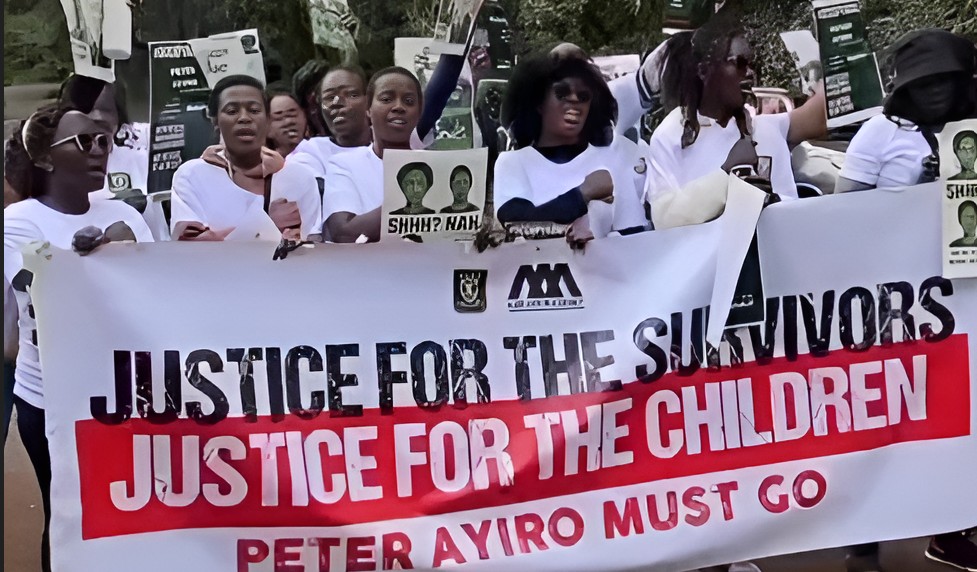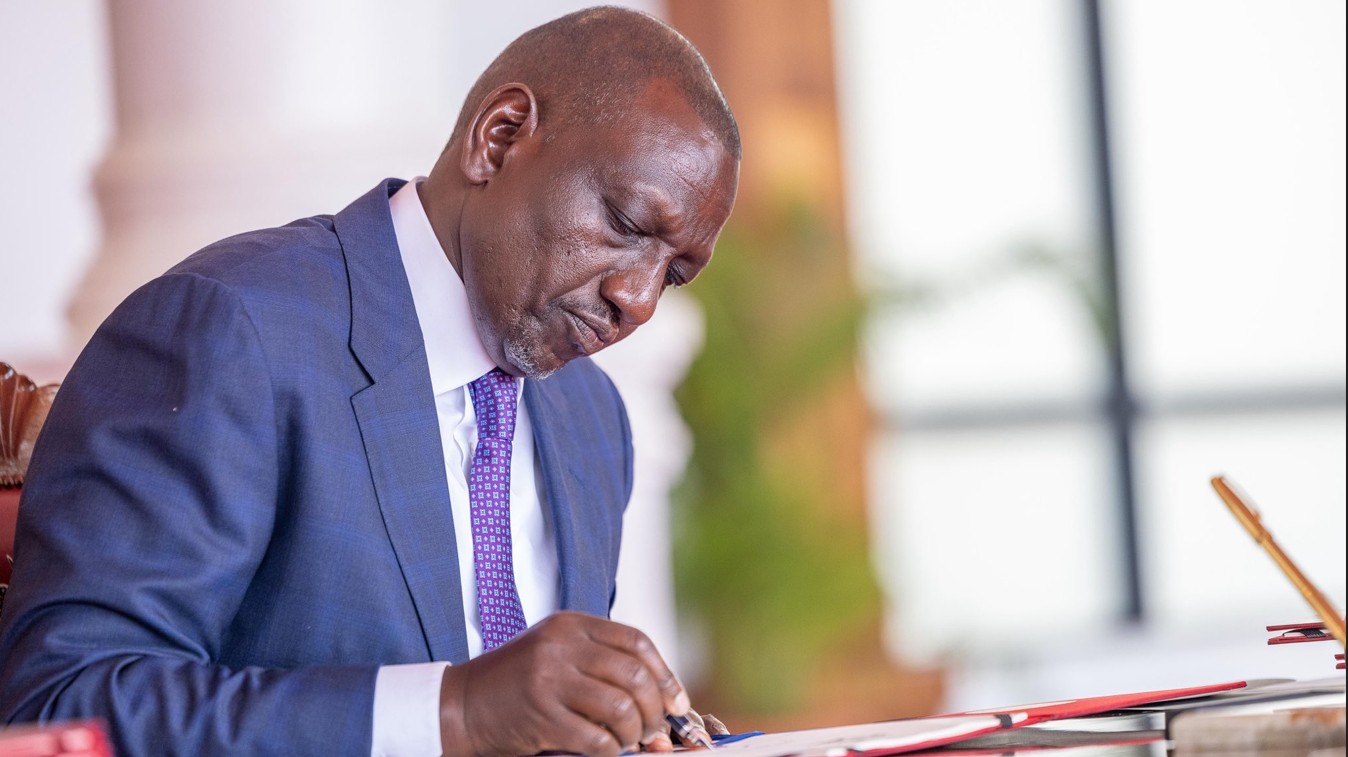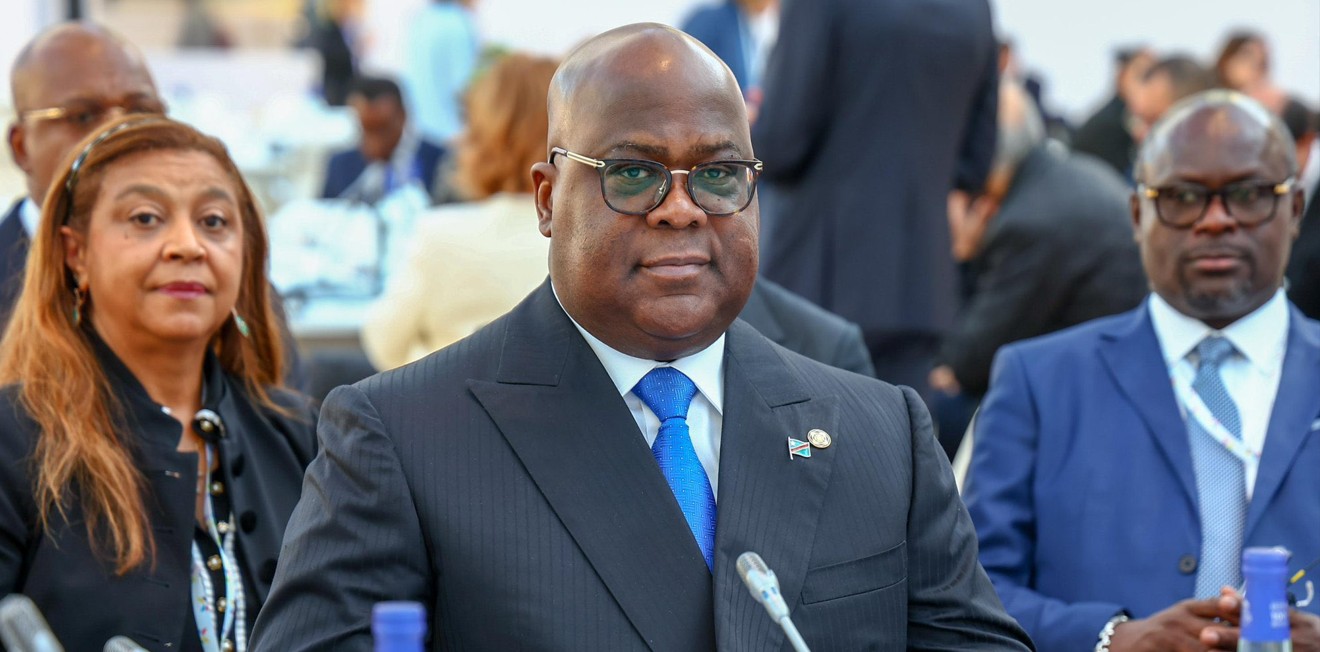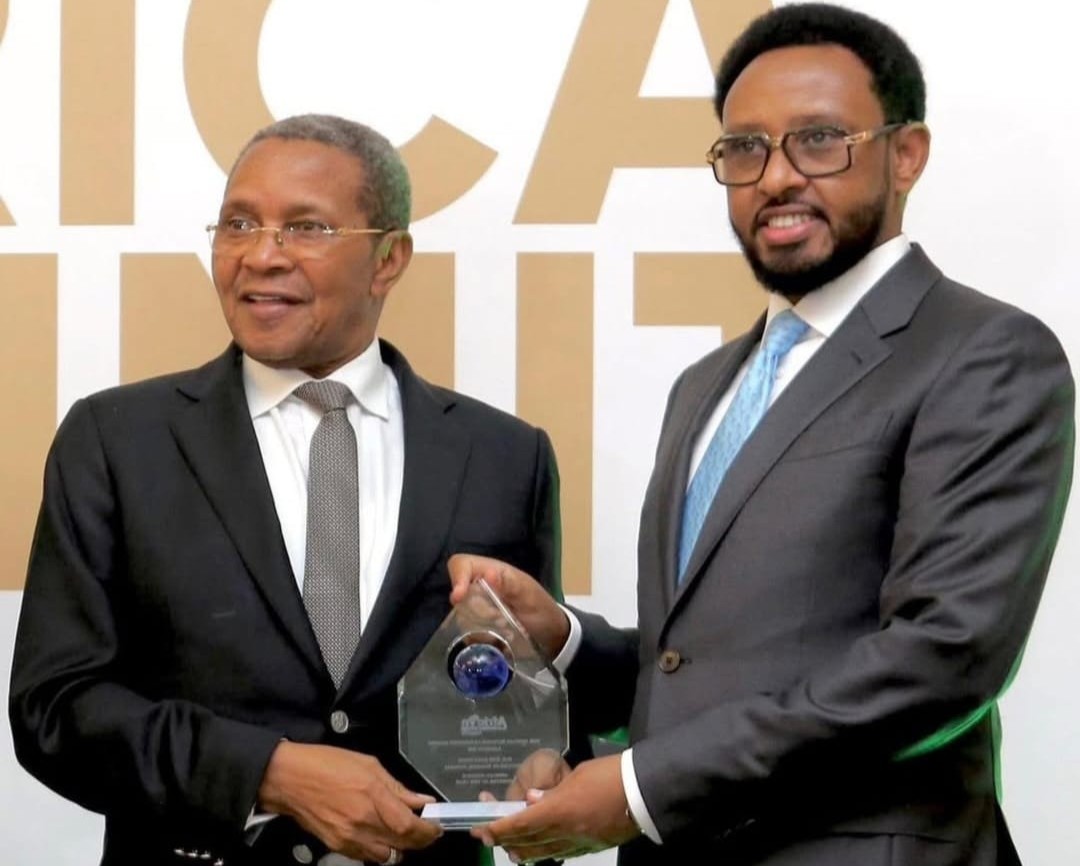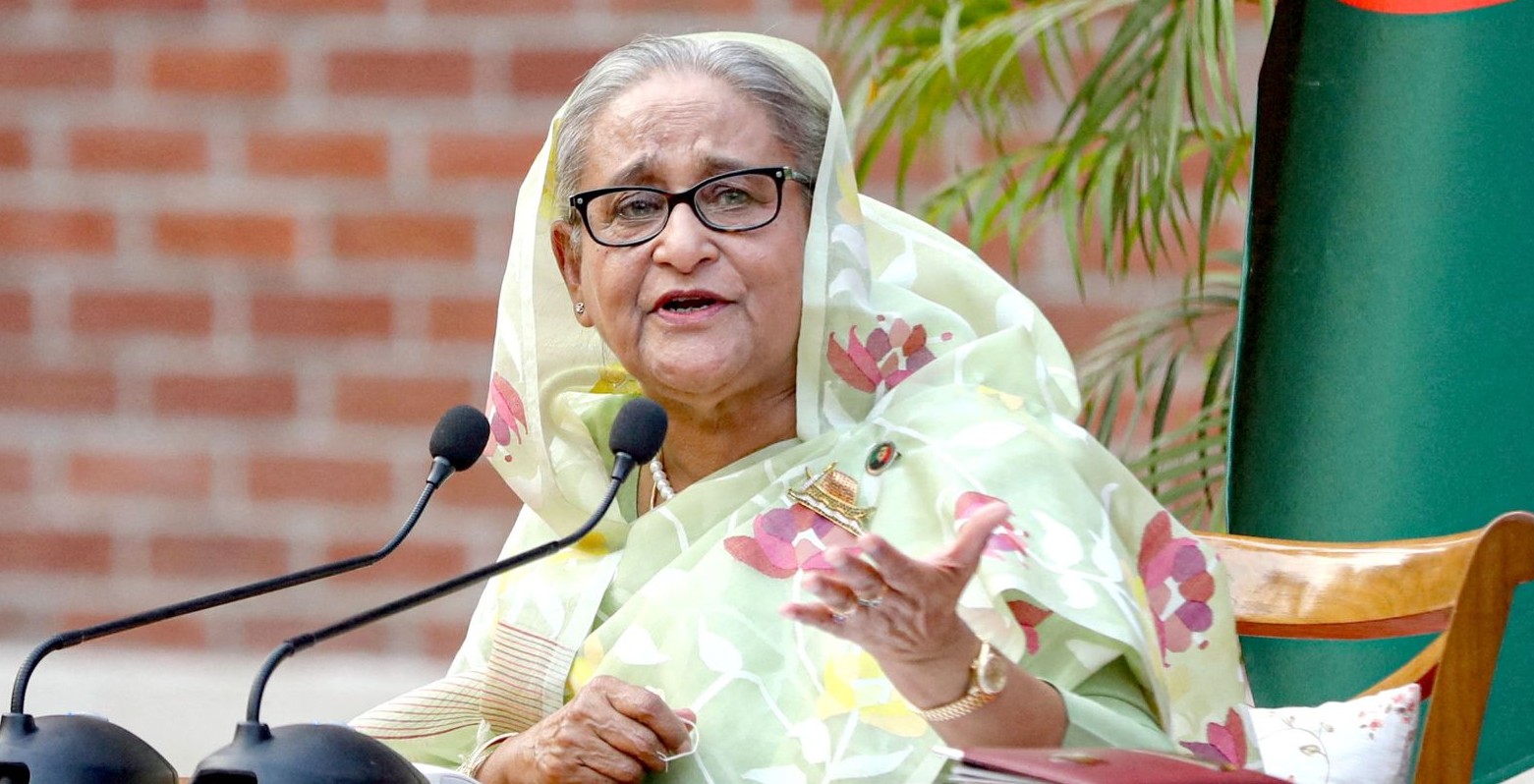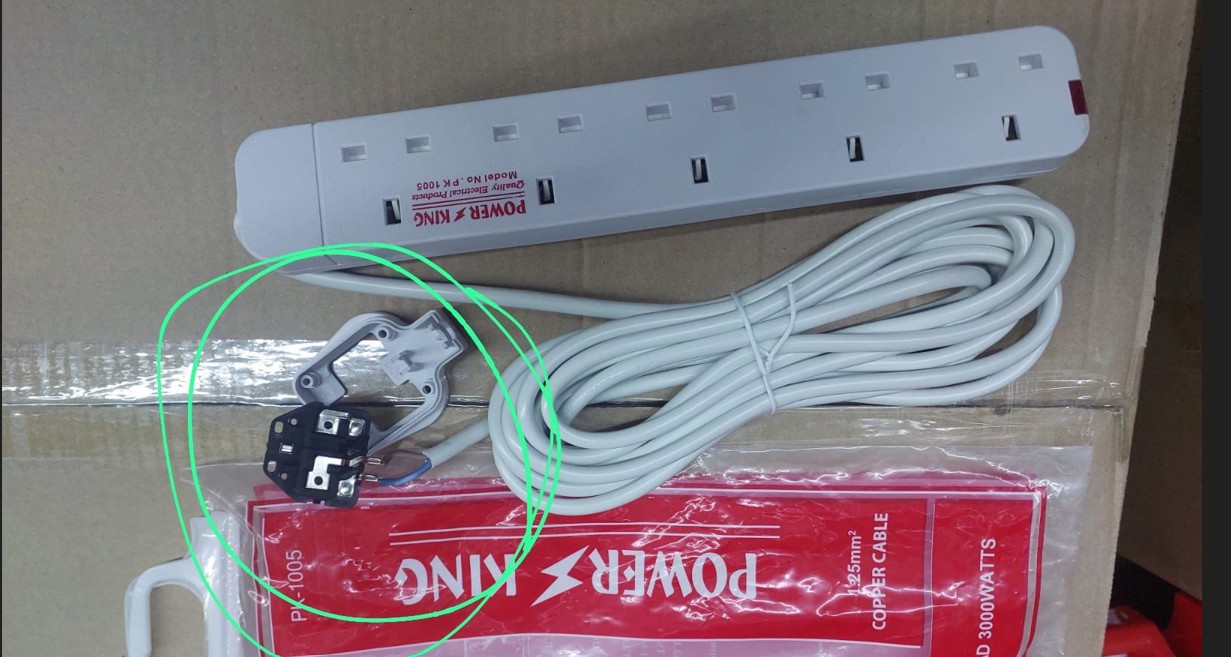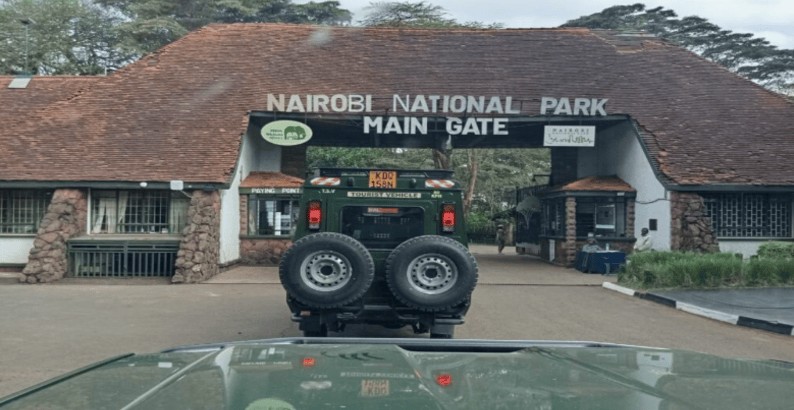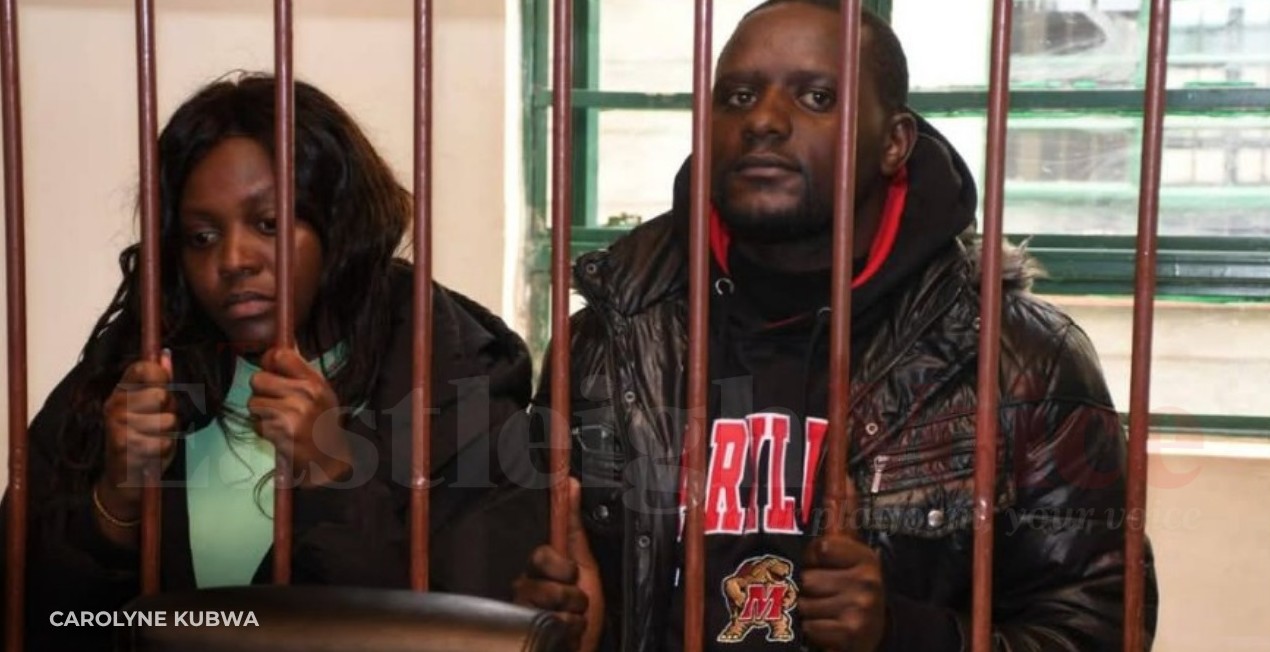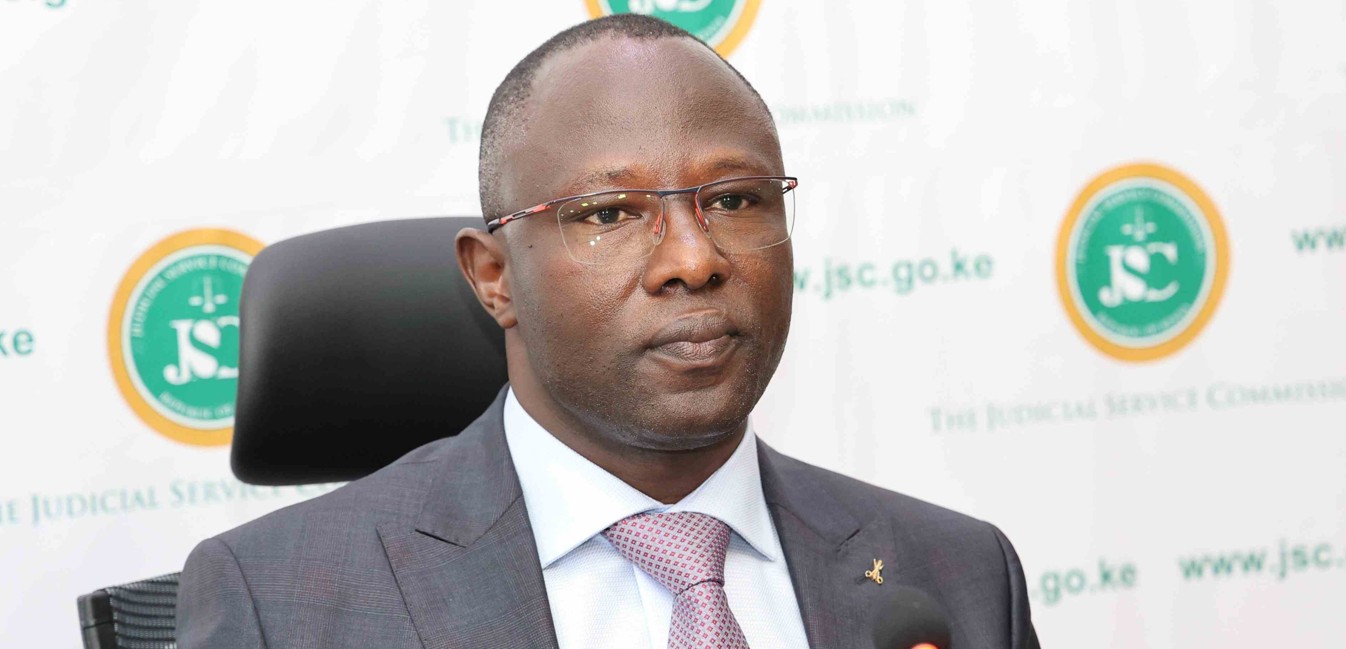Sudan’s forgotten war: A deadly conflict neglected nine months on
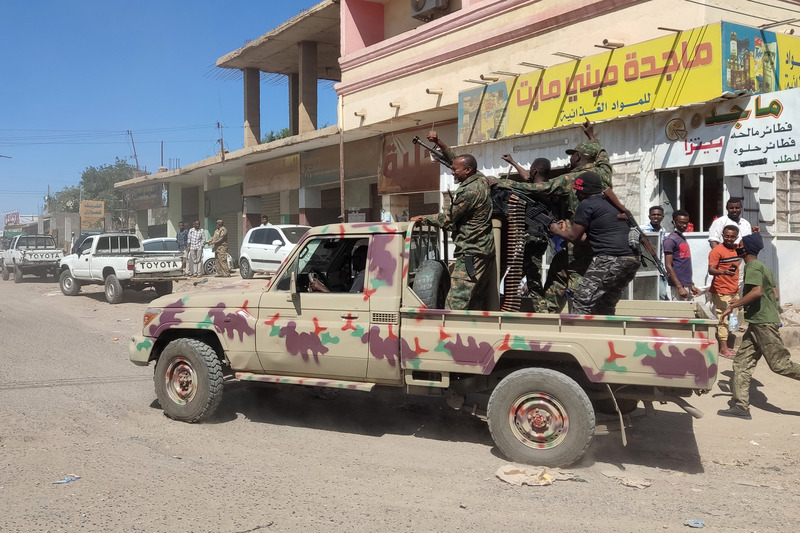
The UN food agency said Friday it has received reports of people dying from starvation in Sudan.
Last week, the International Organisation for Migration (IOM) reported that 10.7 million people have been uprooted from their homes in Sudan, including 9 million displaced internally two-thirds since the deadly conflict erupted in April 2023.
According to the latest report by Human Rights Watch, the Horn of Africa country now holds the highest rate of internal displacement globally, even surpassing Syria’s 7.2 million displaced individuals.
More To Read
- Building peace behind the scenes: IGAD’s subtle but strong impact in Horn of Africa in 2024
- UN warns of worsening humanitarian crisis in Sudan as displacement, hunger and disease escalate
- Kenya-Ethiopia begin technical assessment of cross-border bridge projects
- Sudan accuses UAE of 'manipulating global forums' to shield RSF
- Ethiopian PM Abiy Ahmed pushes for sea access, avoids war - for now
- PM Abiy calls for unity amid Egypt, Sudan tensions as Ethiopia completes grand dam construction
The New York City-based non-governmental organisation stated on January 31 that this grim record should serve as a wake-up call.
However, this war continues to inflict extreme suffering for millions across Sudan and neighbouring countries, with women and children bearing the brunt of the conflict’s impacts.
The UN food agency said Friday it has received reports of people dying from starvation in Sudan, where ranging fighting between rival generals is hampering the distribution of aid and food supplies to the hungriest.
Yet Sudan has become a forgotten crisis, receiving limited media coverage and global attention as the focus shifts to the Israel-Gaza war and the Ukraine-Russia conflict.
Filipo Grandi, UN High Commissioner for Refugees, reported on Saturday that the majority of students in Sudan have stopped going to school and university since last April.
“Many educational institutions, like the student dormitory in Kassala which I visited today, are packed with displaced people. The war is depriving an entire nation of its right to education,” proclaimed Grandi while in Kassala, near the frontlines of the devastating conflict.
Often seen as the globe’s self-proclaimed prefect due to its hegemonic nature, American President Joe Biden made an appeal for peace amid the conflicts in Gaza and Ukraine during the National Prayer Breakfast on Thursday.
However, he did not mention the deadly conflicts in Sudan and other African nations.
The American leader remarked at Capitol Hill, stating “Not only do we pray for peace, we are actively working for peace, security and dignity for the Israeli people and the Palestinian people,”.
Regional actors, including IGAD and the African Union, have remained engaged in the matter but have been unable to broker a peace truce between the two warring parties.
IGAD has not appointed a special envoy for Sudan, despite ending the quartet’s role in brokering a truce due to bias accusations.
Recently, Sudan’s ex-janjaweed leader Hamdan Dagalo publicly denounced the announcement by the Sudanese military leader regarding Sudan’s withdrawal from the Intergovernmental Authority on Development (IGAD).
Dagalo contends that those responsible for this decision lack the mandate to represent the Sudanese people, and their unilateral withdrawal from IGAD does not reflect the legitimate position of the nation.
This power struggle will feature boldly during the upcoming African Union summit in Addis Ababa, Ethiopia.
The Sudanese conflict broke out last April in Khartoum, and quickly spread to other areas of the country, after months of simmering tensions between General Abdel Fattah Burhan, and the Rapid Support Forces, a powerful paramilitary group commanded by General Mohammed Hamdan Dagalo.
World Food Program said that some 18 million people across Sudan currently face acute hunger, with most desperate trapped behind the frontlines of the conflict.
Associated Press reported that Dagalo’s paramilitary forces appear to have had the upper hand in the conflict over the past three months, with their fighters advancing to the east and north across Sudan’s central belt.
Both sides have been accused of war crimes by rights groups.
Top Stories Today
